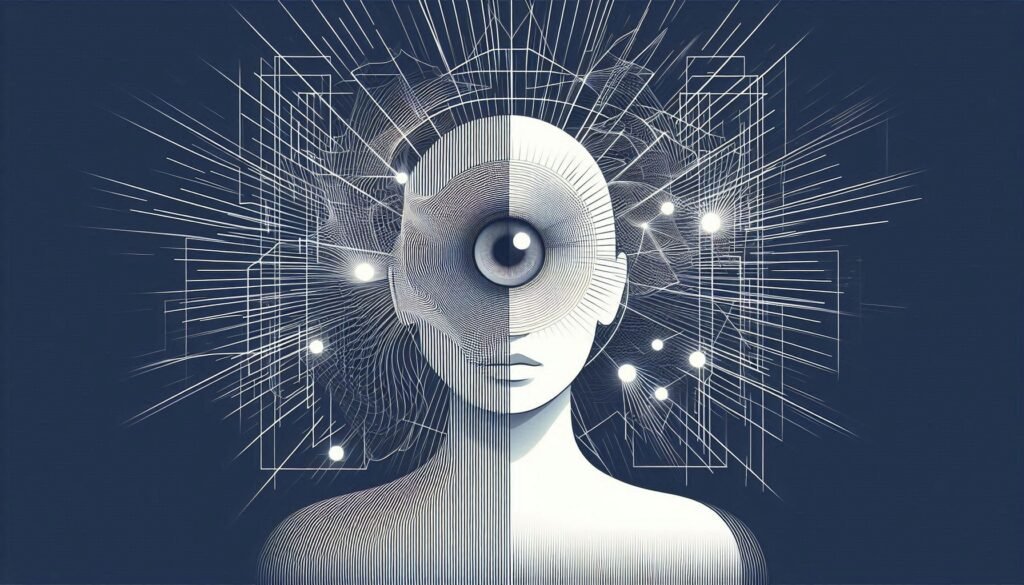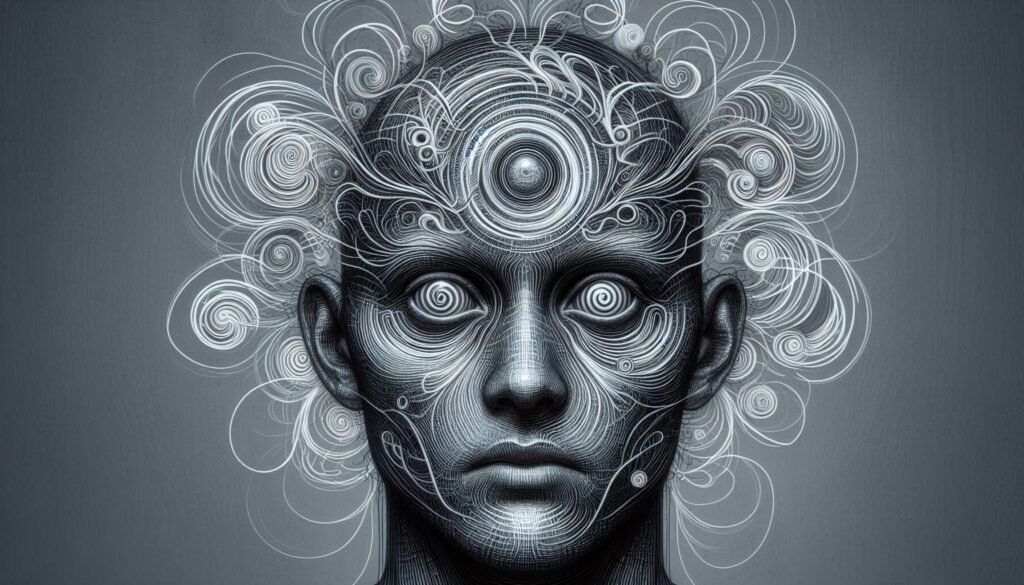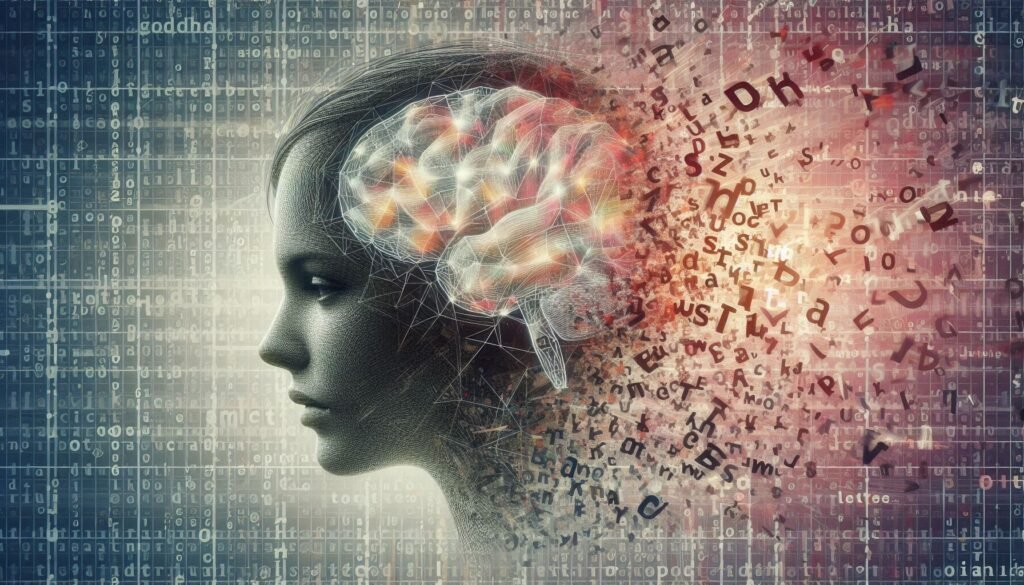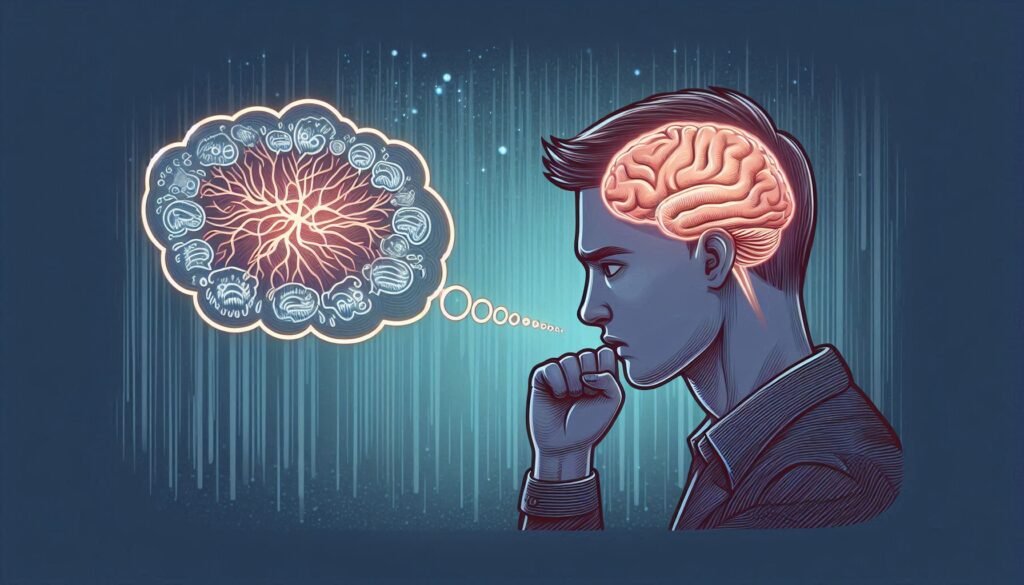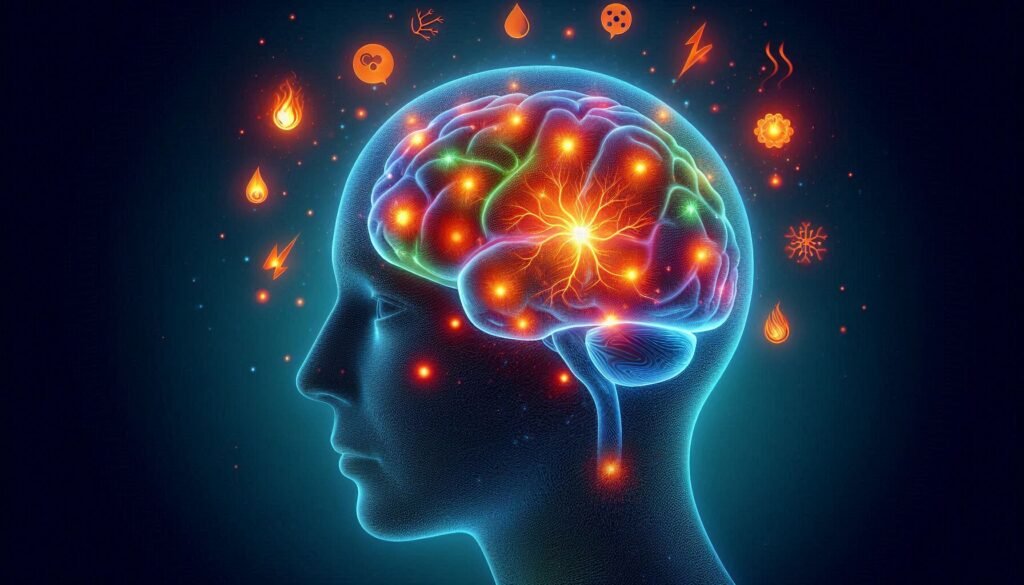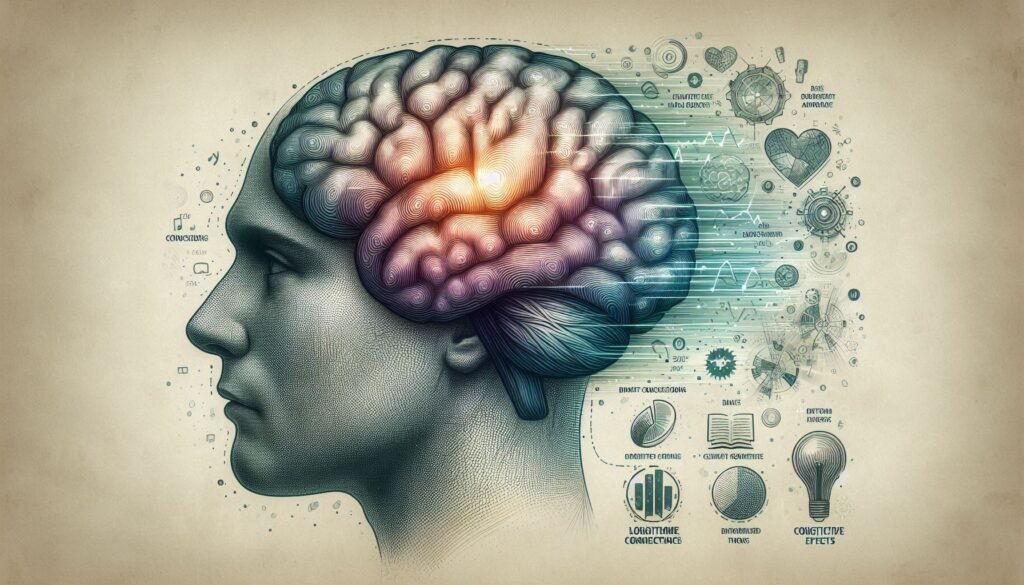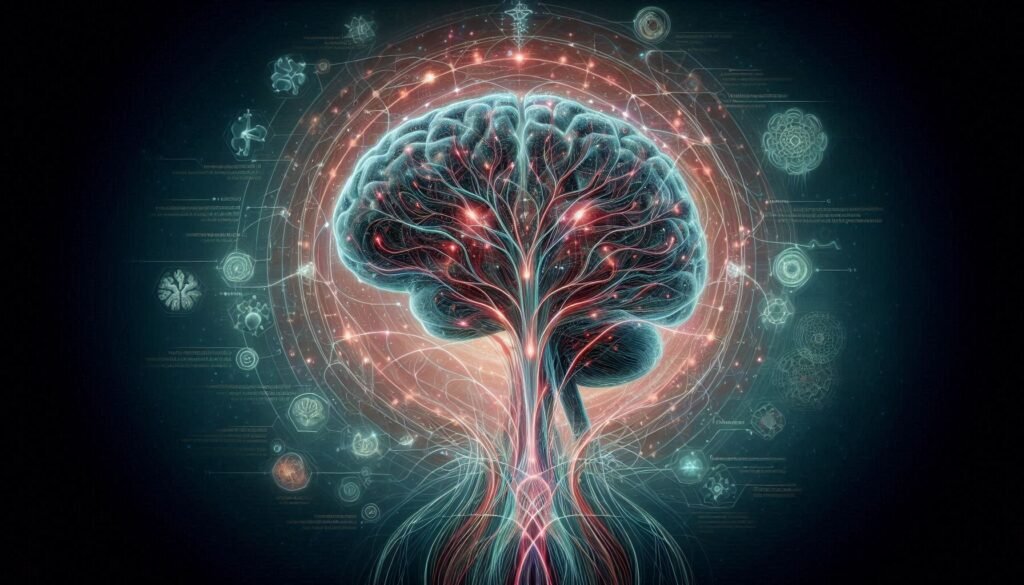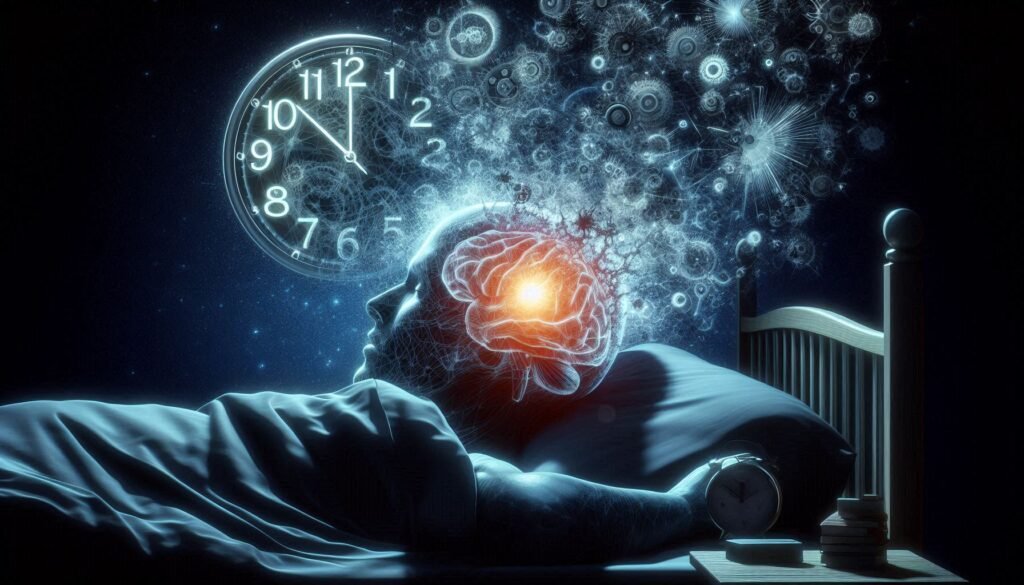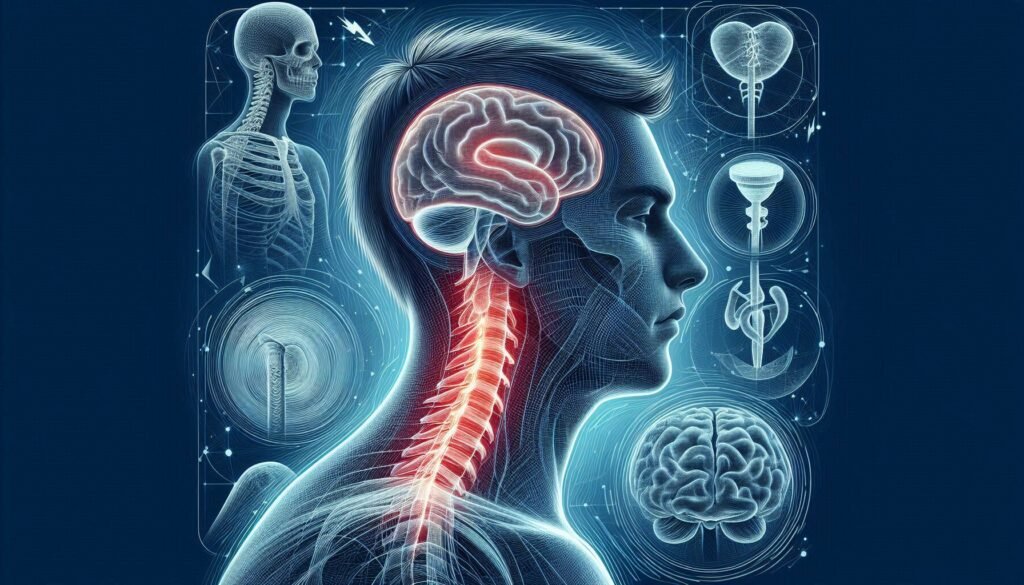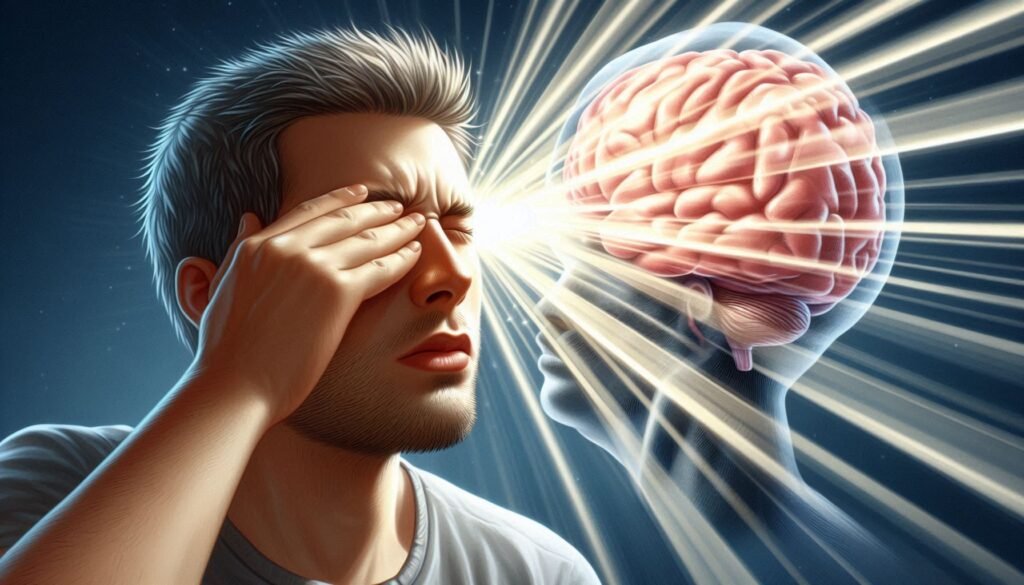Visual Midline Shift Syndrome After Concussion: Diagnosis and Treatment
Concussions are serious injuries that can have a far-reaching impact on an individual’s health and well-being. Among the lesser-known consequences of these brain injuries is Visual Midline Shift Syndrome (VMSS), which alters how a person perceives their environment. This condition often goes unnoticed, yet it plays a critical role in recovery. When someone suffers from […]
Visual Midline Shift Syndrome After Concussion: Diagnosis and Treatment Read More »

